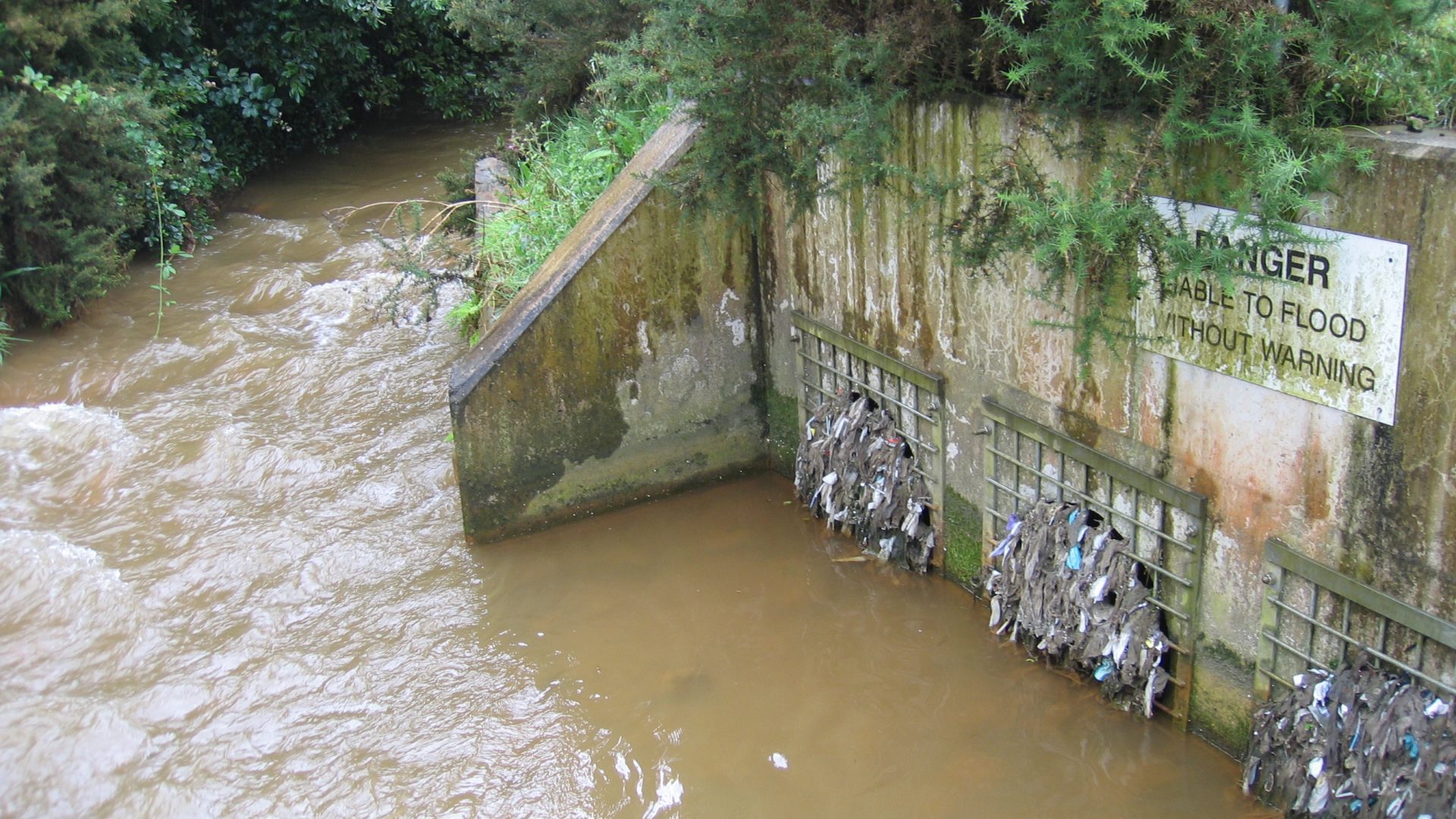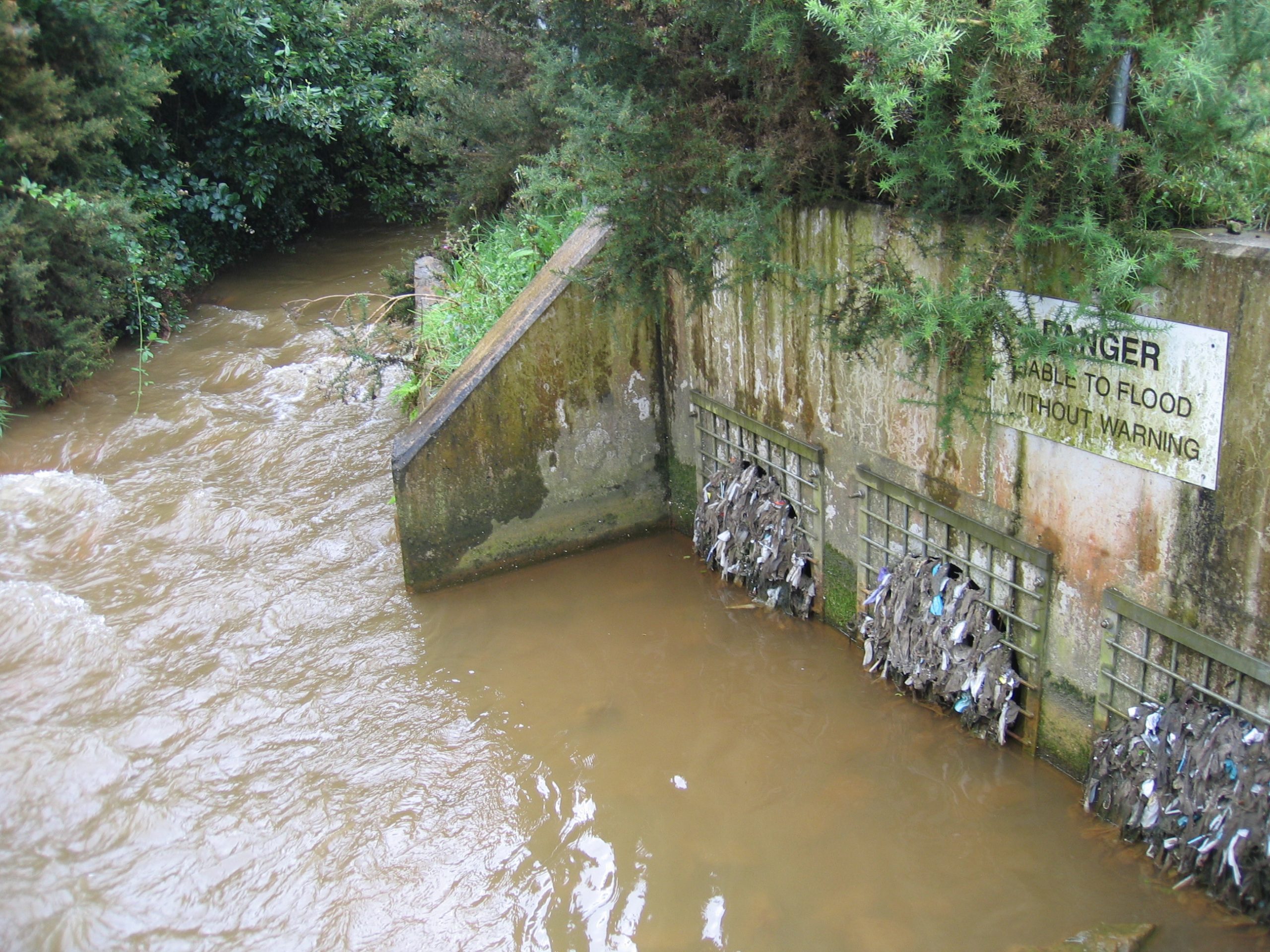
UPDATE: What Are the Risks of Covid-19 Transmission from Sewage Discharge?
On the 24th March 2020 when lockdown was just beginning we published an article about the Risks of COVID-19 Transmission from Sewage Discharge. Since then, a lot has happened in our new COVID world! Just last week we heard Boris Johnson announced that the Government was actively considering incorporating testing sewage for traces of the virus as part of the new COVID Alert System to detect local flare ups.[1] So what does this mean for us as ocean lovers and will we be at greater risk from getting ill when we enter the sea?
 As lockdown restriction begin to ease and more of us start to visit the beaches and coastline, we wanted to take another look at the potential impacts of the COVID-19 outbreak on water quality, and if there are any development to the risks we face by entering the water.
As lockdown restriction begin to ease and more of us start to visit the beaches and coastline, we wanted to take another look at the potential impacts of the COVID-19 outbreak on water quality, and if there are any development to the risks we face by entering the water.
Why is the Government considering testing sewage for COVID-19?
Traces of the virus that causes COVID-19 have been detected in the faeces of infected patients as well as in untreated wastewater in sewage systems in the US, Netherlands and Australia.[2] In the Netherlands traces of Covid-19 were found in the sewage before the country declared its first case. Scientists therefore believe that waste water testing could be used as an early warning sign to detect flare ups in local communities and allow the authorities to take early targeted action to prevent a second wave of coronavirus.
The UK is not the only country considering adopting this technique with the authorities in Spain set to roll out a testing programme and the State of Victoria, Australia, hoping to scale up their wastewater testing for COVID-19 in June.[3]
So does this mean I am going to get sick when I enter the Sea?
As we highlighted in March, the new status of the virus means that not all transmission pathways are yet fully understood. However, it is generally accepted that standard municipal wastewater system practices are thought to be sufficient to inactivate COVID-19 before it reaches the sea[4], particularly where there is UV treatment in place. The risk of transmission from waste water discharge from sewage treatment facilities is therefore thought to be very low.
What about when water has been polluted by raw sewage?
There has been very little development in understanding on this point since our original investigation on this matter in March. There remains no evidence of COVID-19 transmission through sewage. What we do know, as discussed above, is that the virus can be found in the stools of infected patients.
As we know all too often harmful raw human sewage can be discharged into the sea through Combined Sewage Overflows (CSO). There is a risk therefore that COVID-19 could pass through sewerage systems into the sea via CSO discharges. Initial research however suggests that the virus, like other coronaviruses such as SARS and MERS, in this form is unlikely to be infectious.[5] So far, there have been no reports of faecal-oral transmission.[6] The available evidence therefore indicates that there could be a minor elevated risk from untreated sewage but the risk remains low.
It is important to highlight that when we surf, swim or play in sea water that has raw sewage in it we are still at risk of: gastroenteritis, ear, nose and throat infections, skin infections, and even hepatitis and e-coli.
The good news is that you can check if there has been any CSO discharges at the beach your heading to through our real time water quality tool, the Safer Seas Service. This will give you live intel on the risks of entering the sea so you can make an informed decision before getting in the water. The app will point you towards beaches with no recent pollution incidents. You can now even tell us if you have become sick after entering the sea by submitting a health report through the app. This will help us track and trace infections to support our campaigning on water quality.
Can I still do water sports in the sea to stay fit and healthy?
In order for us to protect ourselves and reduce the pressure on our health services over the coming months, we must continue to follow government social distancing advice and make socially responsible decisions.
If you do choose to enter the water or visit the beach, we have drawn up the Socially Responsible Beach Guide to help you do this in a way that will keep you and the people around you safe.
At SAS home based HQ’s we continue to campaign hard to tackle combined-sewer overflow discharges, secure year-round live information on sewage pollution and challenge water companies to reinvest more of their profits in protecting surf spots and bathing water so that we can #EndSewagepollution.
[1] A McNamara, Second Wave of Coronavirus could be spotted in sewage, Science Focus, 13th May 2020 https://www.sciencefocus.com/news/second-wave-of-coronavirus-could-be-spotted-in-sewage/ (accessed 20/05/20)
[2] R Salvidge, Corona Virus Found in Untreated Wastewater , ENDs Report, 20 April 2020, https://www.endsreport.com/article/1680783/coronavirus-found-untreated-wastewater (accessed 27/04/20)
[3] C Baranuik, Countries Begin Large-Scale Screening for SARS-CoV-2 in Sewage, 14th May 2020 https://www.the-scientist.com/news-opinion/countries-begin-large-scale-screening-for-sars-cov-2-in-sewage-67535 (accessed 21/05/2020)
[4] World Health Organization & United Nations Children’s Fund (UNICEF). (2020). Water, sanitation, hygiene, and waste management for the COVID-19 virus: interim guidance, 23 April 2020. World Health Organization. https://apps.who.int/iris/bitstream/handle/10665/331846/WHO-2019-nCoV-IPC_WASH-2020.3-eng.pdf (accessed 13/05/2020)
[5] Centers for Disease Control and Prevention 2020, Water Transmission and COVID-19, Centers for Disease Control and Prevention, https://www.cdc.gov/coronavirus/2019-ncov/php/water.html (accessed 13/05/2020)
Celia Henry Arnaud ‘Novel coronavirus found in surprisingly high levels in sewage’ Chemical and Engineering News Vol 98, issue 15 (April 16 2020) https://cen.acs.org/biological-chemistry/infectious-disease/Novel-coronavirus-found-surprisingly-high/98/i15 (accessed 27/04/2020)
[6] World Health Organization & United Nations Children’s Fund (UNICEF). (2020). Water, sanitation, hygiene, and waste management for the COVID-19 virus: interim guidance, 23 April 2020. World Health Organization. https://apps.who.int/iris/bitstream/handle/10665/331846/WHO-2019-nCoV-IPC_WASH-2020.3-eng.pdf (accessed 13/05/2020)
